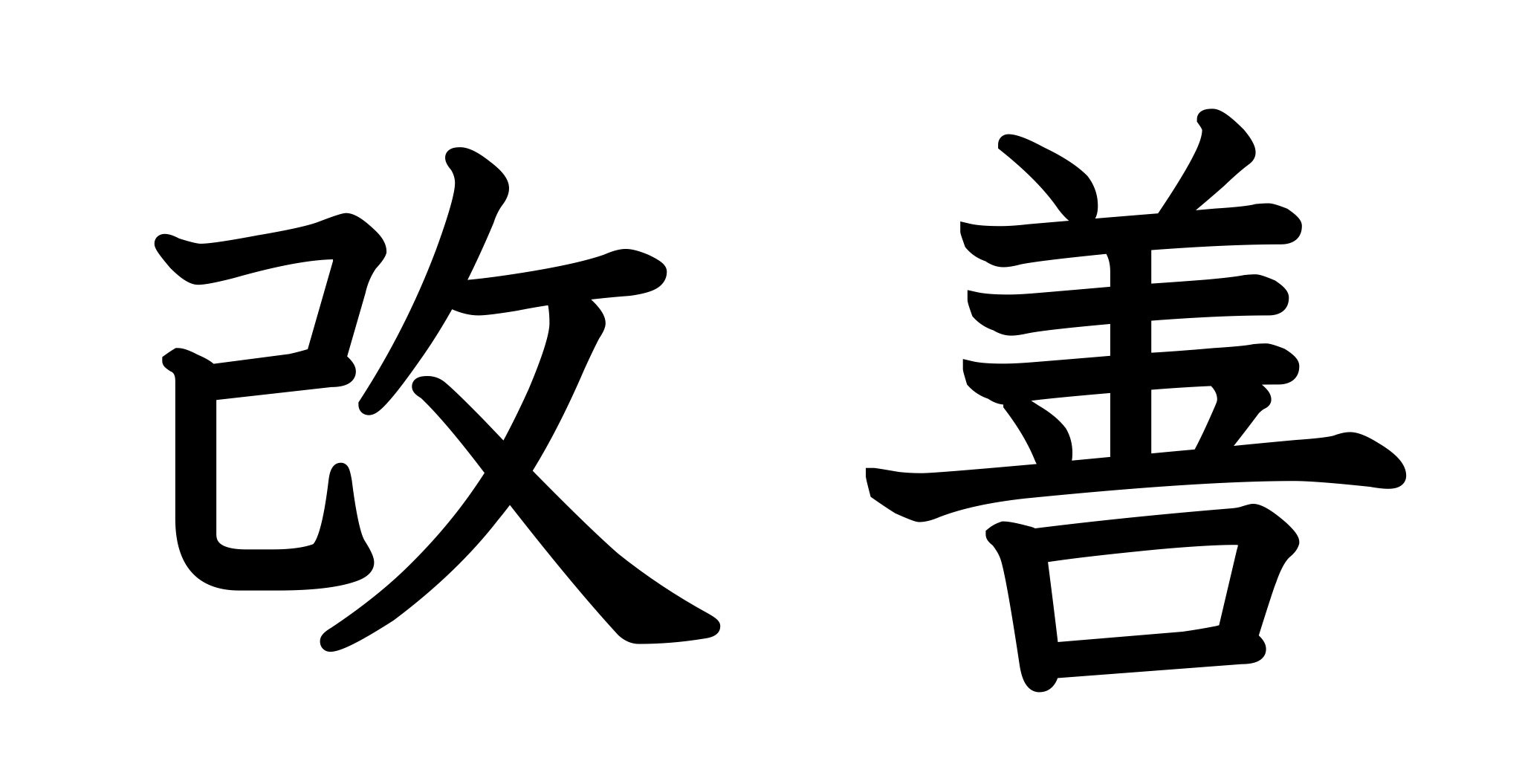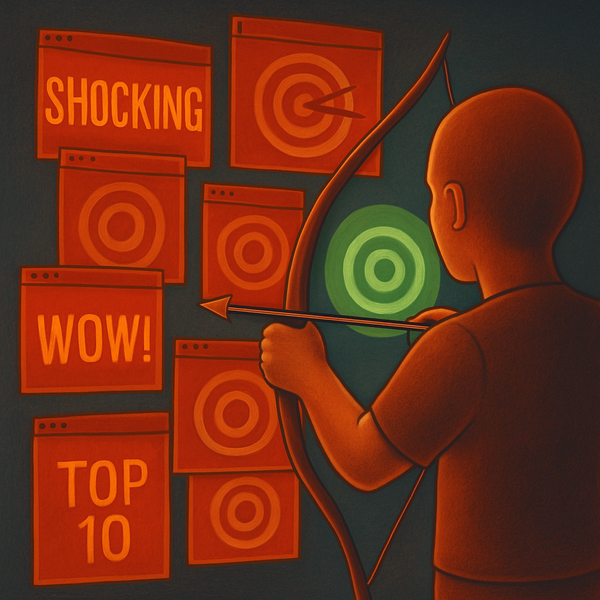On Living to Oneself
I'm borrowing a practice that Sam Torode used in his writing of The Manual: A Philosopher's Guide to Life. It was actually his version of another translation, which he wrote by spending some time every morning reading a piece, pondering it, and explaining it in a concise way that made the most sense to him.
This morning I listened to letter 10 from Seneca's Letters From a Stoic, titled 'On Living to Oneself'. The piece ends with this nugget of wisdom, which is where my commentary starts:
Live among men as if god beheld you; speak with god as if men were listening.
If you act as if a being watches you always who has a perfect grasp of right and wrong, you will act justly.
But what is right and what is wrong, you ask? Who gets to decide such things?
The individual.
Each and every one of us decides what our values and morals are. God is not a static being, they adjust to the morals and values of the individual.
If you have put time and effort into cultivating a more robust and ironclad set of values, then you can be confident that your god is a kind and just one; and acting as if they watched you always is a good tactic for living a virtuous life(even during trying times) that will positively impact the world.
To speak with god as if men were listening is to only wish for virtuous things. The person who asks god for wealth, fame, or power would be ashamed should anyone overhear them.
While the mob can be base and foolish, when approached the right way their judgement can also act as a filter that only virtuous desires can pass through.
We must each make for ourselves a just god, and to do so we must consult with the collective morality of humanity. Even better, we must consult with those who we believe to be virtuous souls, who's opinion and moral code we hold in high regard.
Like a blacksmith forging a sword, each applies pressure to the other, increasing it's strength and resilience.
Postscript - I don't necessarily believe in an omnipotent being that is watching over us collectively or individually. But lately I've been pondering Derek Siver's idea of 'Useful, Not True' - that one should believe things if they are useful and helpful to the individual, regardless of whether they are verifiably true.
While a lot of people believe they are virtuous, when I see the results of people engaging en masse and the amount of judgement, name calling, and generally shitty behavior that ensues...I can't help but wonder.
The idea of a 'god' or 'enlightened being' has permeated all cultures throughout the history of humankind, so to say that it is a completely useless opiate of the masses is a bit narrow-minded to me.
I don't have all the answers, but this is the conclusion I came to after pondering on this specific idea.


